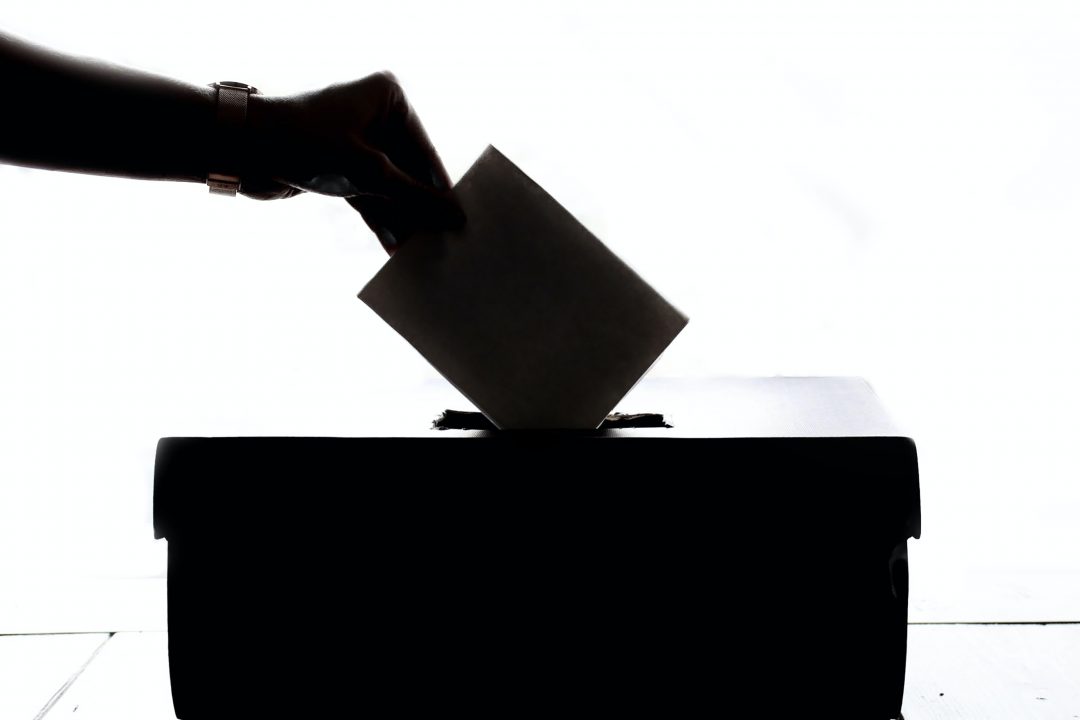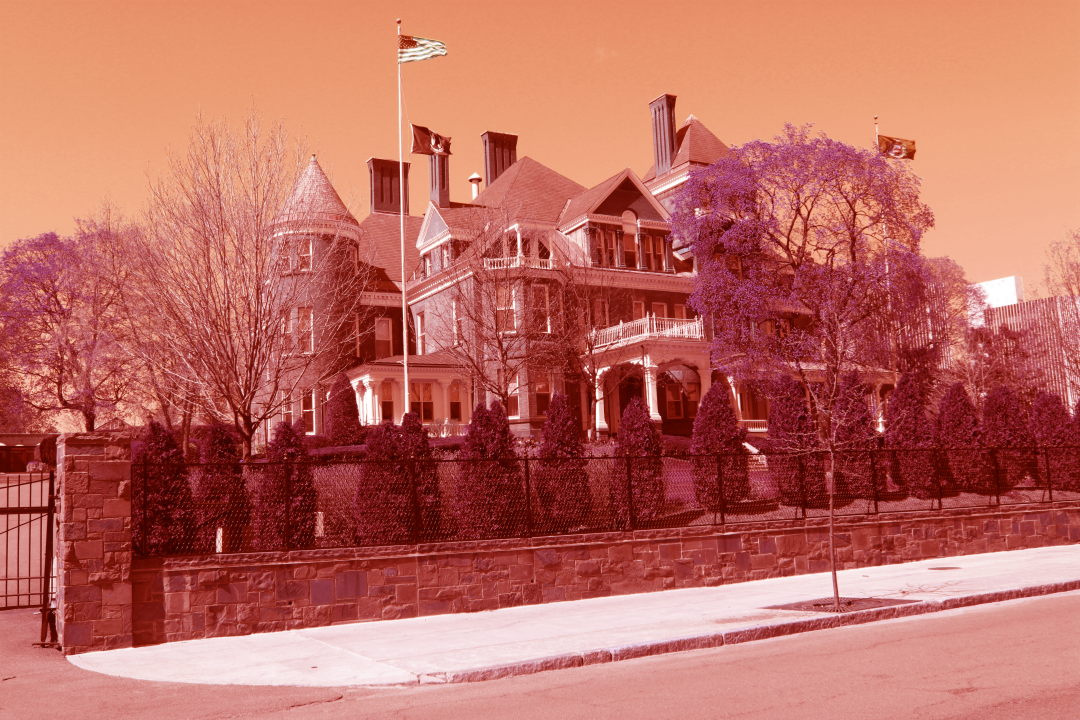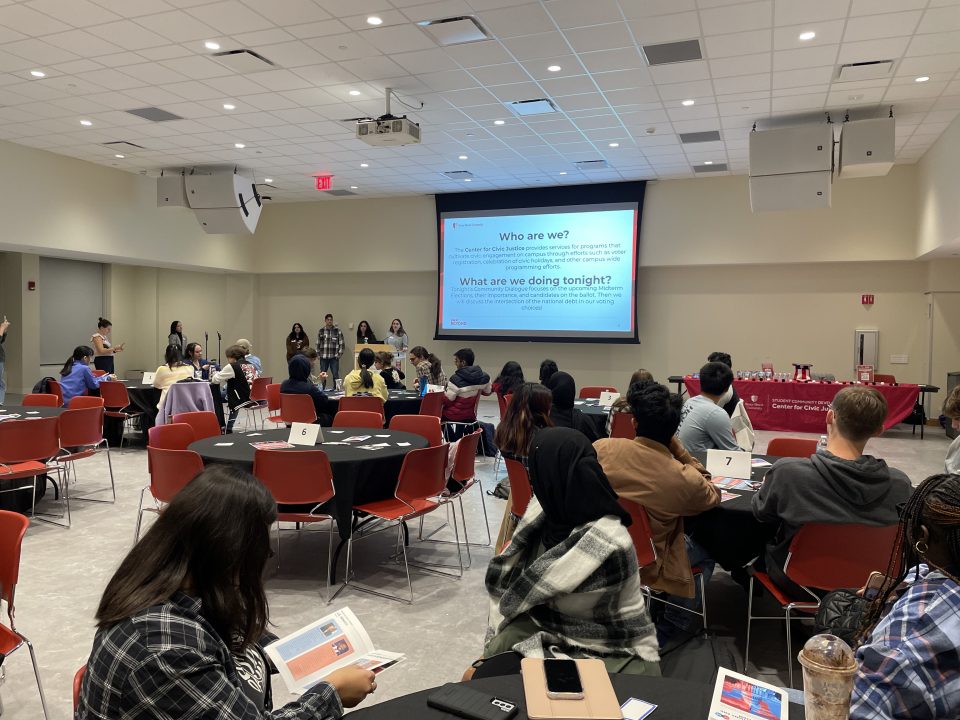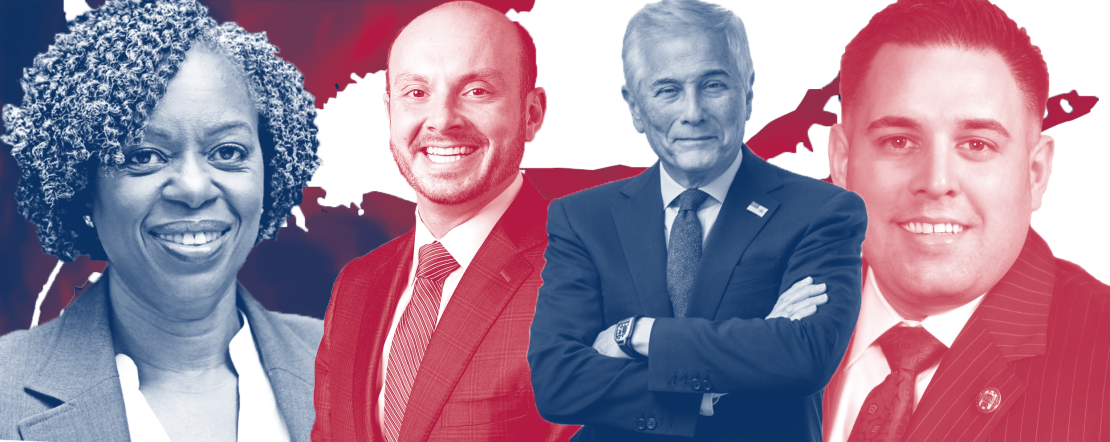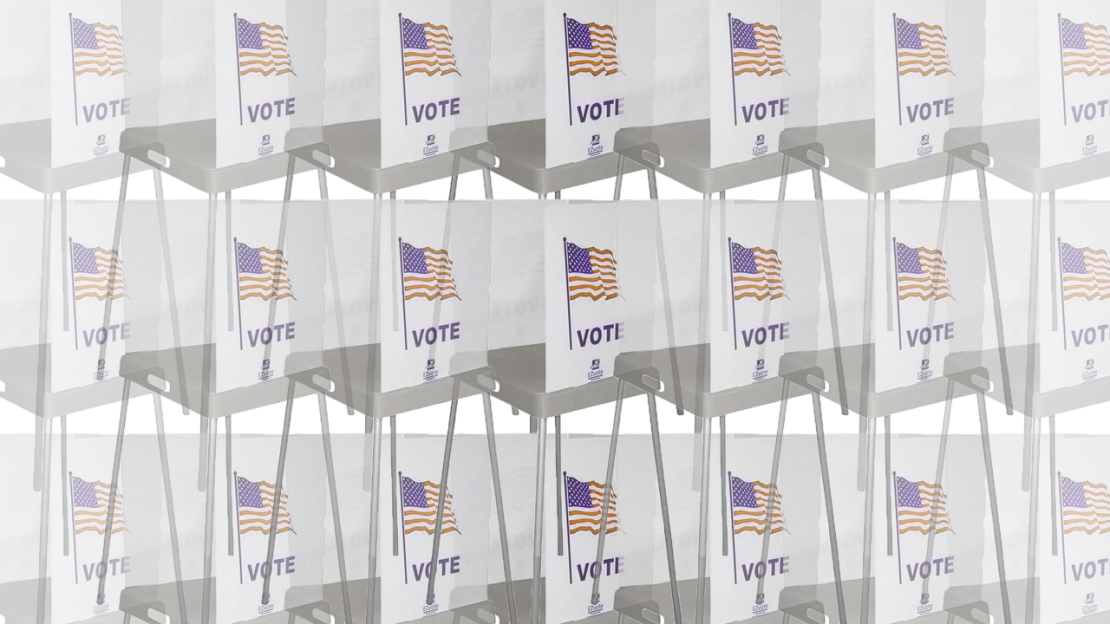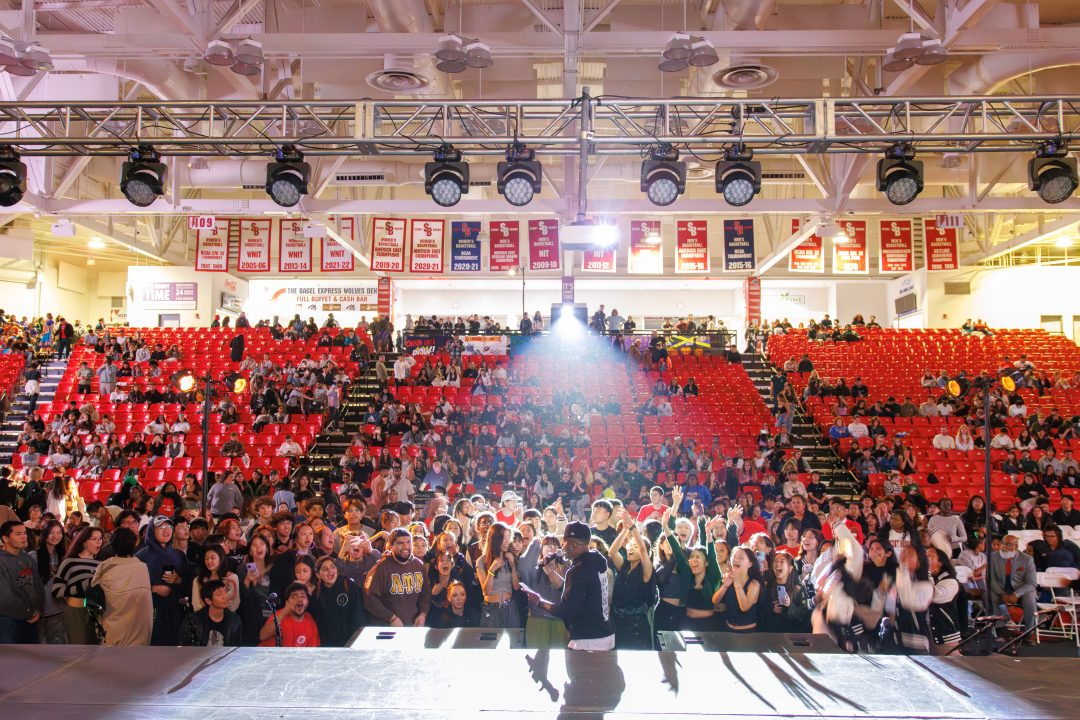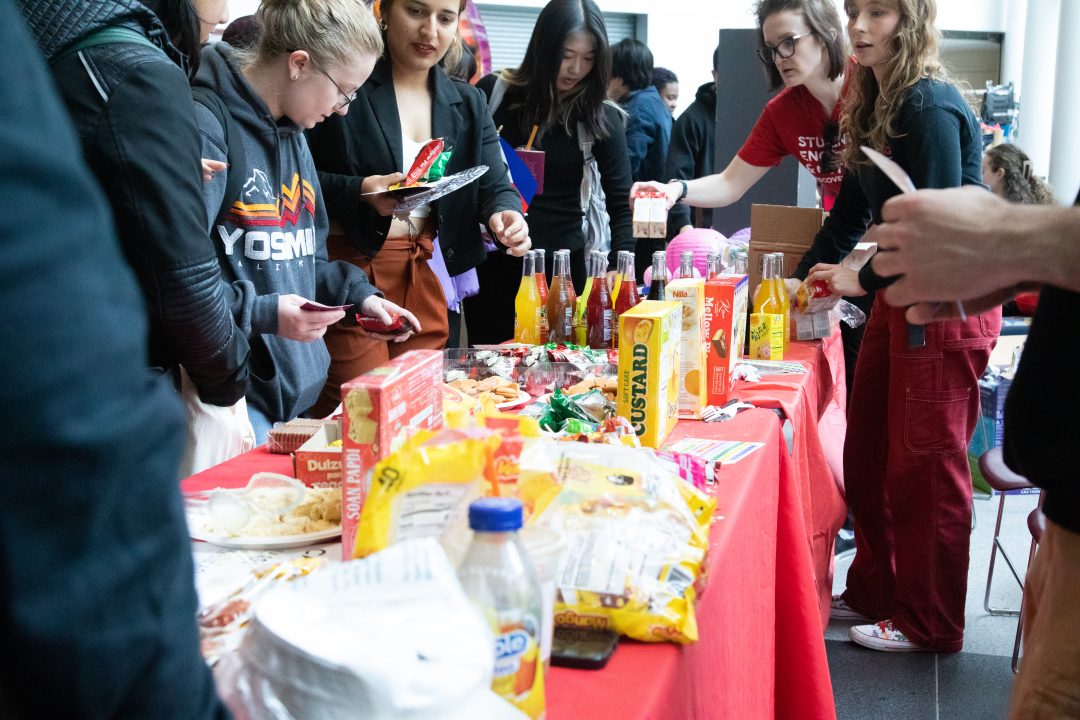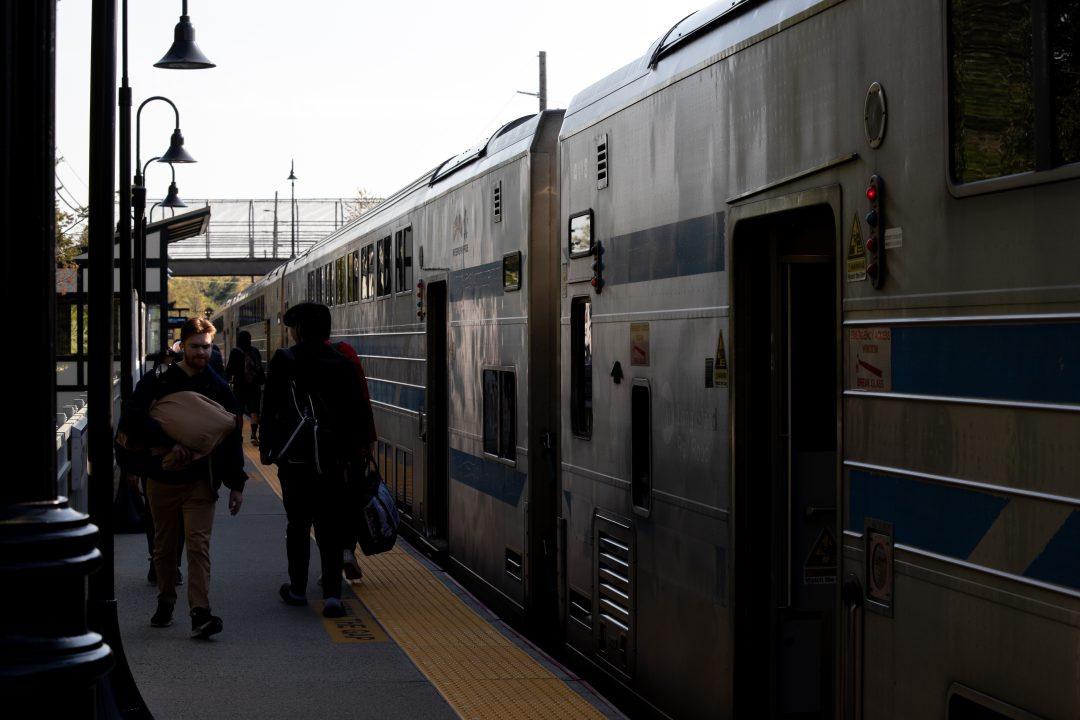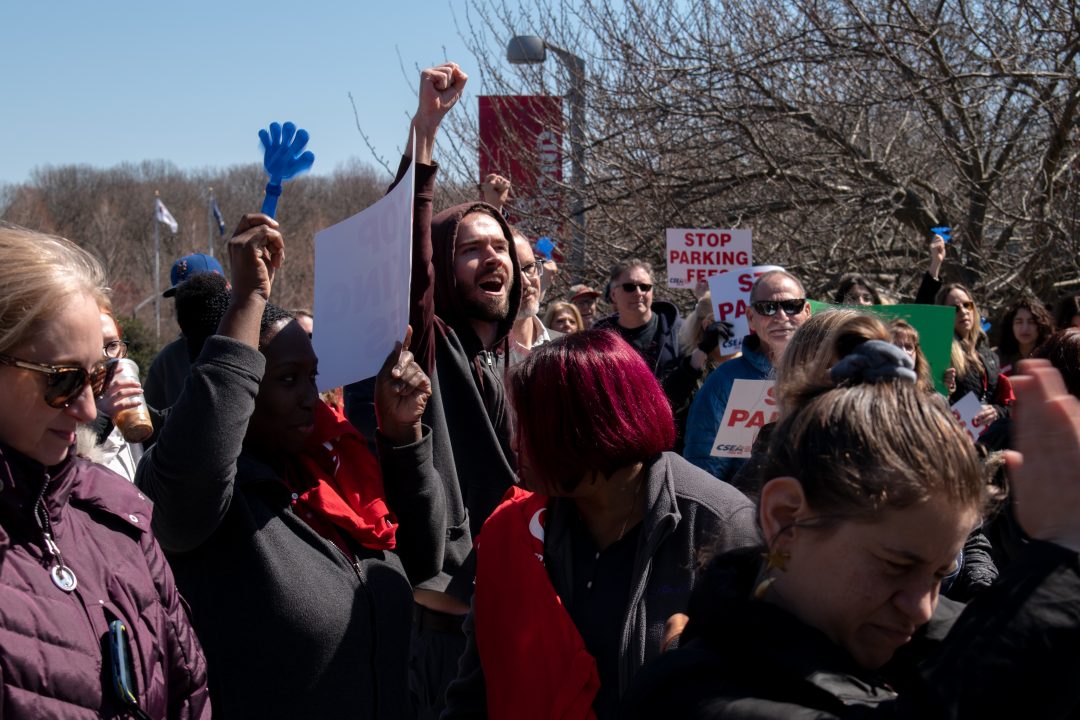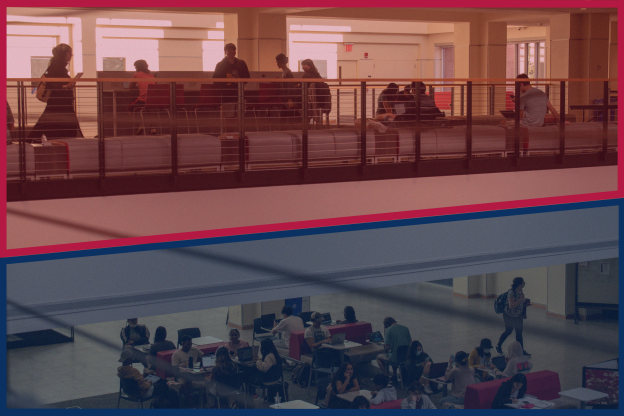
With the 2022 midterm elections swiftly approaching, Stony Brook University is ramping up its efforts to promote voter participation among students.
Seawolves are no exception to the trend of high voter participation nationwide, as the university continues to emphasize voting for elections both on and off campus.
Voter turnout is up 600% in local elections and up 49% for congressional and presidential elections between 2016 and 2020, according to the Center for Civic Justice.
But despite the university’s attempts to engage with its students, there are students who plan to vote but don’t know the candidates or their policies. Of seven students interviewed by The Statesman, none knew the candidates.
However, these students have clearly-defined policy goals and know what they are looking for from their representatives. They ranked financial aid, taxes and inflation among the issues they wanted candidates to tackle.
Jordan Galaor, a junior health science major, said that since taxes have increased over the past few months, that would be a good start with the community.
Long Island has seen property tax hikes to fund schools, especially after the pandemic required more spending for free lunches and other essentials. Galaor’s neighborhood in New York’s 2nd Congressional District saw a 1.7% hike on property taxes.
Grace Zhao, a freshman biology major, said that she registered in Stony Brook after the Center for Civic Justice informed her about updating her registration.
“Eventually, I would have signed up for voter registration, but this definitely helped because I didn’t know where to go to sign up,” Zhao said.
Alex Castro Cruz, a freshman registered in New York’s 1st District, is looking for candidates to solve “rising food costs, inflation and healthcare.” He also plans to vote in the Undergraduate Student Government (USG) general election this spring.
“I’m looking at what … they’d do to improve relations with students and promote diversity,” Cruz said.
Other voters who were eligible in earlier elections plan to vote for the first time this year because of newer, more pressing issues.
Ronald Chao, a senior applied math and statistics major, said he didn’t vote in the 2020 election but will do so in 2022.
“I’m looking for candidates to tackle climate change and foreign relations,” Chao said. “More specifically Russia and Ukraine.”
Despite the overall increase in student-voter participation, some remain apathetic towards the political process, both in their home district and at SBU.
“After … the two candidates [in the 2020 presidential election], I didn’t really like either one of them,” Abigail Pierre, a junior health science major, said. “I feel like voting wasn’t really worth it, so I’m contemplating if I should even vote or not.”
Pierre is also registered in New York’s 1st District. She felt that elected officials weren’t doing enough to fix polarization in the electorate and in Congress.
“They should tackle certain things so we feel more united,” Pierre said. “I feel like my vote matters more with the USG than with the congressional election.”
“I’m still undecided whether or not I’m going to vote,” Vincenzo Maselli, a graduate student in the accounting program, said. “I do feel like it’s kind of useless in a way, since there’s so many other things that impact who wins, and this past election, I feel like my vote made no impact so it’s not going to make a difference now.”
The gubernatorial election — related to the office of state governor — is also being held this year, with incumbent Kathy Hochul facing Lee Zeldin. Zeldin vacated New York’s 1st Congressional District, which houses Stony Brook.
College students often vote for the first time during their freshman year, either on campus or by absentee ballot. Resident students are given the option to change their voter registration to Stony Brook or remain registered at their home address.
In 2016, 53.2% of Stony Brook’s student body voted in the presidential election. However, most Stony Brook students don’t vote in the midterm elections, with only about 36.8% voting in 2018. This was a 24.1% increase from 2014, but below the 2018 voting rate for all institutions, of 39.1%.
The Center for Civic Justice, a campus organization formally established in 2019, has worked to increase student voter turnout by educating them on registration, voting dates and polling sites.
This year’s race in the 1st District for representatives has Democrat Bridget Fleming running against Republican Nick LaLota for Lee Zeldin’s vacated seat. Both candidates spoke on campus at Stony Brook’s Political Science Society: LaLota on Sept. 21, and Fleming on Oct.12.
This election is pivotal following the Supreme Court decision in Dobbs v. Women’s Health Organization — which overruled precedent set by Roe v Wade — rising inflation and the war in Ukraine. The outcome of the midterm election could have vast implications on all these issues depending on what candidates New Yorkers vote to elect.







